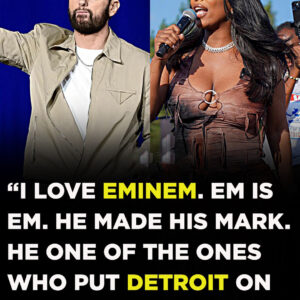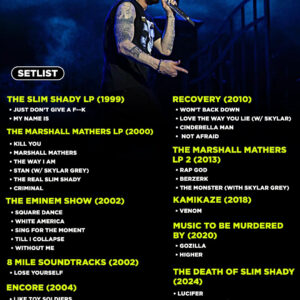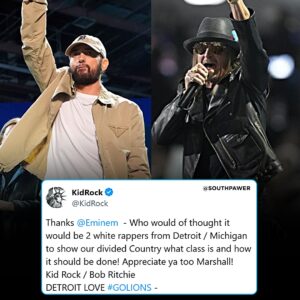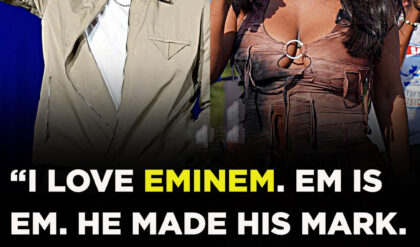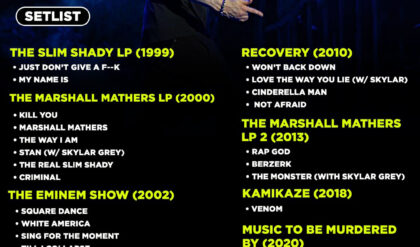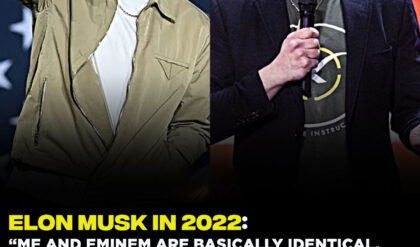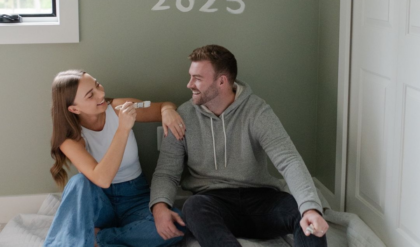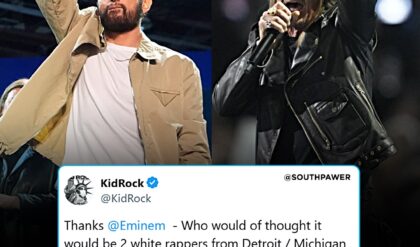The controversy surrounding the recent WNBA Finals game between the New York Liberty and Minnesota Lynx has sparked widespread debate, ignited by a questionable call in the final moments that has many questioning the integrity of the officiating.
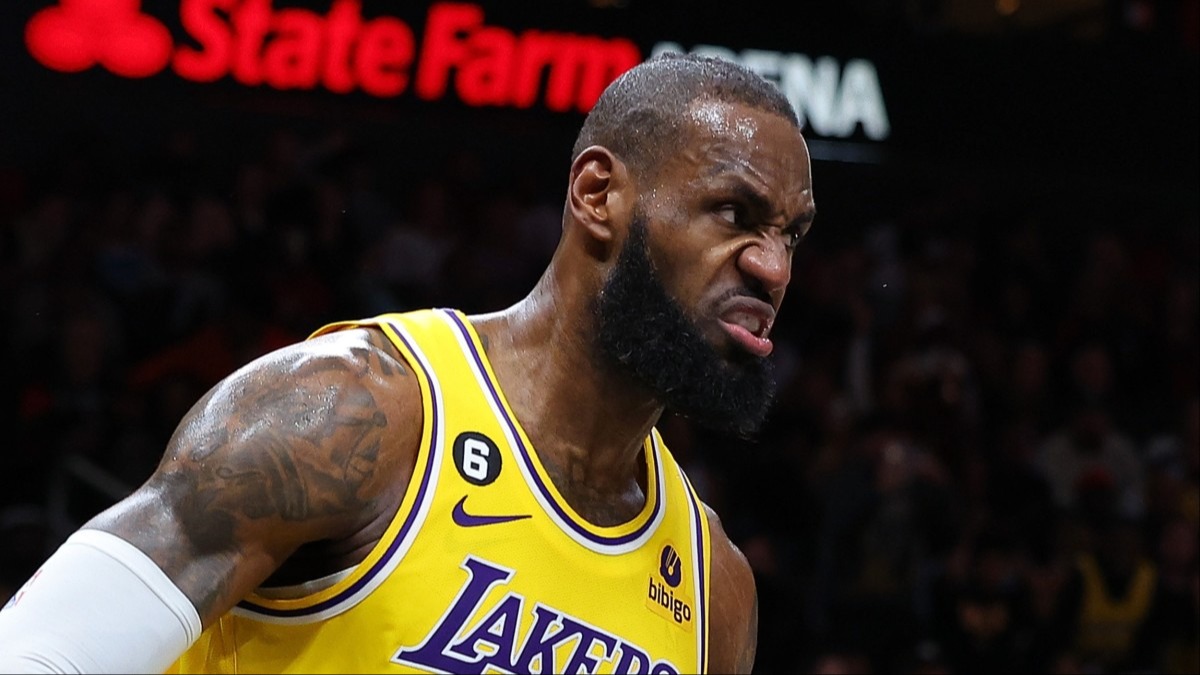
The tension of the game was palpable. With seconds left, Brianna Stewart of the Liberty took a shot that many felt was accompanied by a blatant travel violation. However, instead of calling the travel, the referees blew the whistle on Minnesota’s Alana Smith for a foul, leading to free throws that swung the game in New York’s favor. This call left fans, players, and even sports commentators baffled. The game proceeded into overtime, with the Liberty ultimately emerging victorious, clinching their first WNBA Championship. But the aftermath of this moment transcended the scoreline.

NBA superstar LeBron James, widely regarded as one of the faces of basketball, took to Twitter to express his disbelief, writing, “I’m sorry, but that wasn’t a foul. Let the damn players dictate the outcome of a close, battle-tested game.” His words echoed the frustrations of many who felt the officiating had robbed Minnesota of a fair chance at victory. LeBron’s tweet quickly went viral, igniting a firestorm of discussion not only among WNBA fans but across the entire basketball community. His comments drew support from other NBA players like Damian Lillard and Isaiah Thomas, both of whom criticized the referees for favoring the Liberty in the second half.
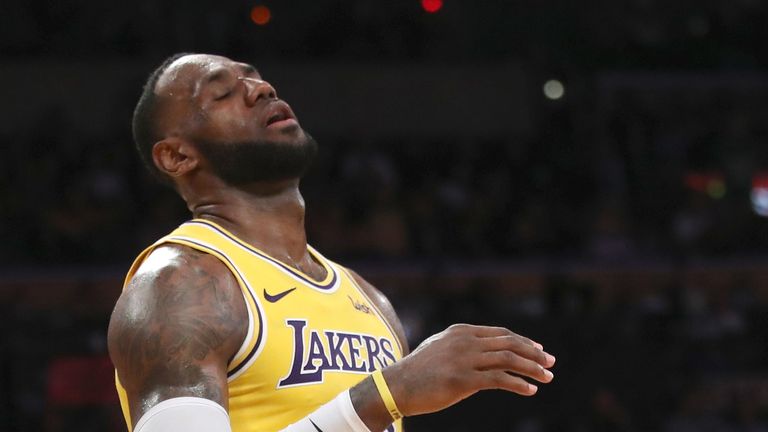
The criticism didn’t stop at the foul call. Upon reviewing the footage, it became apparent that Stewart had taken multiple steps without dribbling, a clear travel violation. Despite this, the officials stuck with their original call, citing that Smith wasn’t in a “legal guarding position,” a term that further confused both fans and analysts. The decision sparked calls for a reevaluation of how games are officiated, particularly in high-stakes moments like the Finals.
But the controversy extends beyond this single call. Fans and analysts alike pointed to the staggering free-throw disparity between the two teams. The Liberty shot 25 free throws compared to just 8 for the Lynx, a difference so significant that it raised concerns of bias. Critics argued that Minnesota was not being awarded the same calls that New York received, creating an uneven playing field.

This incident has raised larger questions about the officiating in the WNBA. Is this game just an isolated incident, or is there a deeper issue at play with how referees manage crucial moments? Are the officials crumbling under the pressure of the Finals, or is there an inherent inconsistency in the way calls are made? These are questions the league will need to address as they move forward.
For now, the WNBA finds itself in the spotlight, not for its athletes’ incredible performances, but for the integrity of its officiating. LeBron James’ voice has amplified the conversation, making it clear that this debate is far from over. As fans and players alike demand answers, one thing is certain: the WNBA has some serious questions to answer about how its games are officiated, especially in critical moments that could define a championship.
News
Kash Doll shows love to Eminem
Eminem / Kash Doll Detroit rapper Kash Doll has recently sat down with Bootleg Kev where they briefly talked about newer generation of Motor City artists kind of critiquing Eminem for not necessarily paying attention to new artists in Detroit. “I have not met…
Eminem – Formula 1 Grand Prix (Full Performance)
Last night, Eminem headlined the 2024 Formula 1 Pirelli US Grand Prix at Germania Insurance Super Stage. The Detroit icon continued the promo run for his 12th solo studio album, “The Death of Slim Shady” as he kicked off his…
When fans become haters: how Elon Musk turned to Eminem despiser
Rap icon Eminem and former United States President Barack Obama shared a light-hearted moment at a rally for the Kamala Harris-Tim Walz campaign ahead of the presidential elections at Slim Shady’s hometown Detroit and Elon Musk in not happy about…
Kid Rock shows support to Eminem, despite political differences
Kid Rock shows support to Eminem, despite political differences Eminem / Kid Rock Kid Rock, the hip-hop and country-rock star from metro Detroit, Michigan, has become just as well-known for his music as his political opinions, and the music legend…
Shohei Ohtani on the beach
Shohei Ohtani, the two-way baseball sensation, finds a rare moment of respite on a sun-kissed beach, where the rhythm of the waves mirrors the cadence of his remarkable athletic career. With the ocean breeze tousling his hair, Ohtani enjoys a…
EXPLORED: Aaron Judge’s Nightmare October Run Follows Him To World Series
NY Times Aaron Judge is on a mission to build a formidable legacy for himself as he entered the World Series at the Dodgers Stadium on Thursday. His unmatched regular season numbers have assured him of an AL-MVP pennant by…
End of content
No more pages to load
